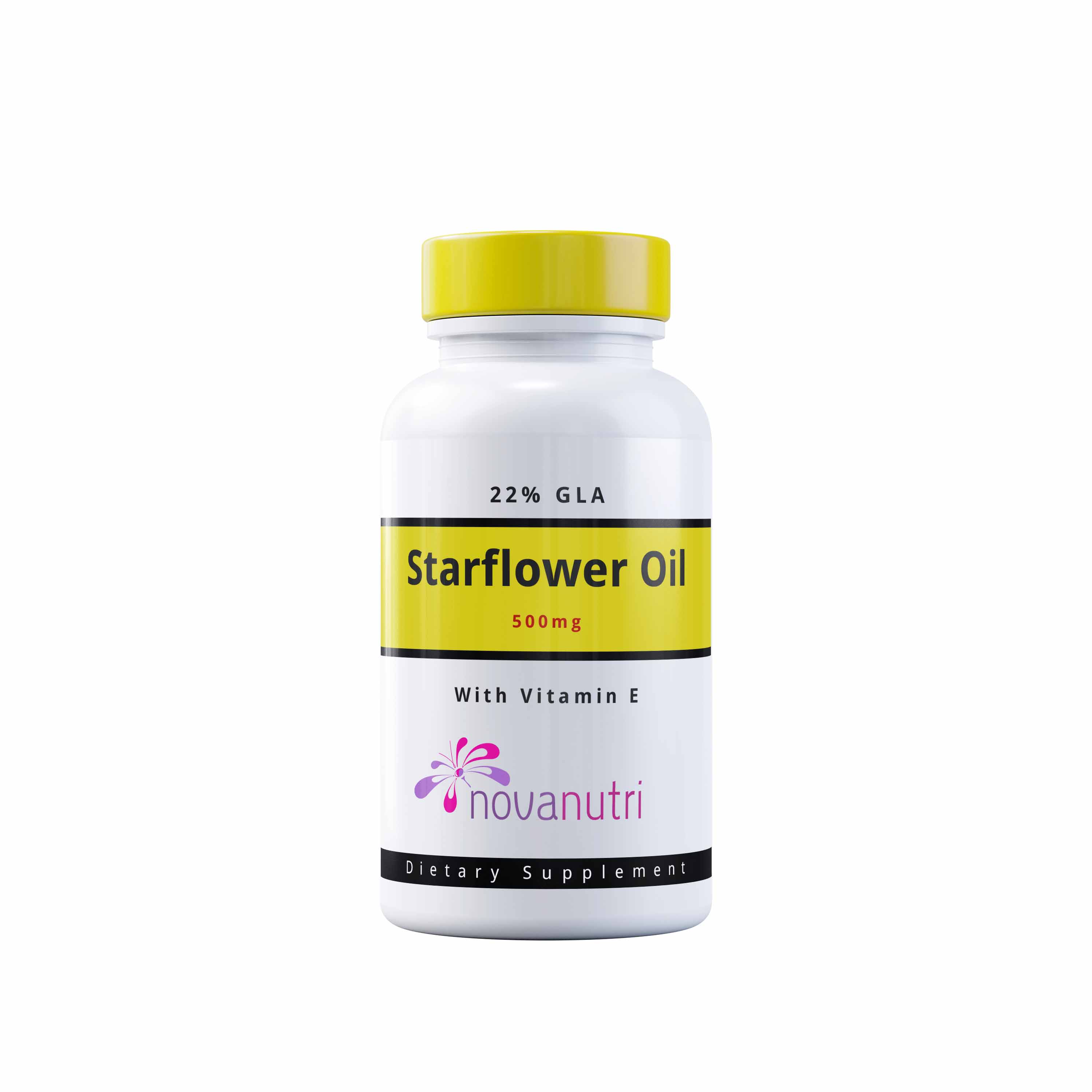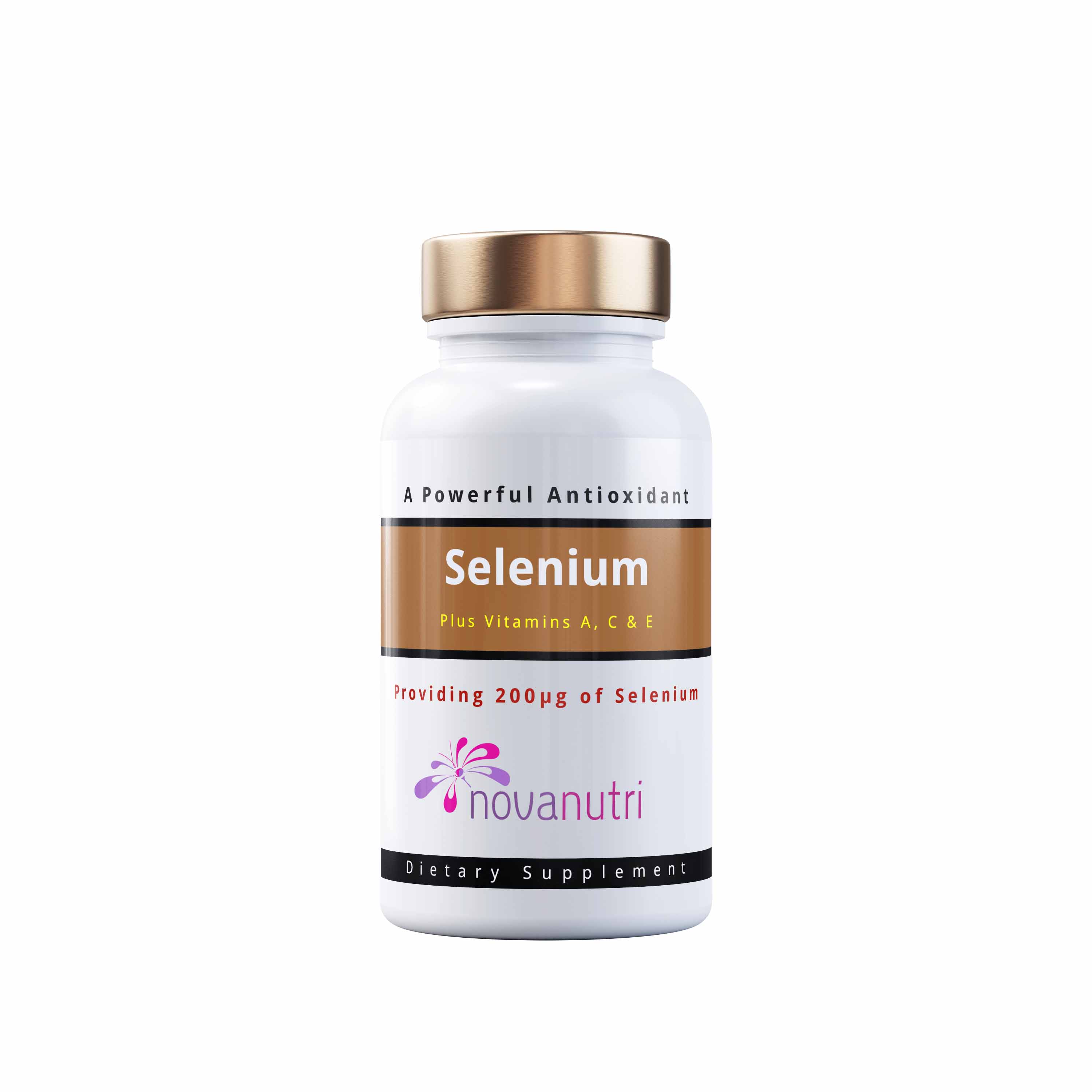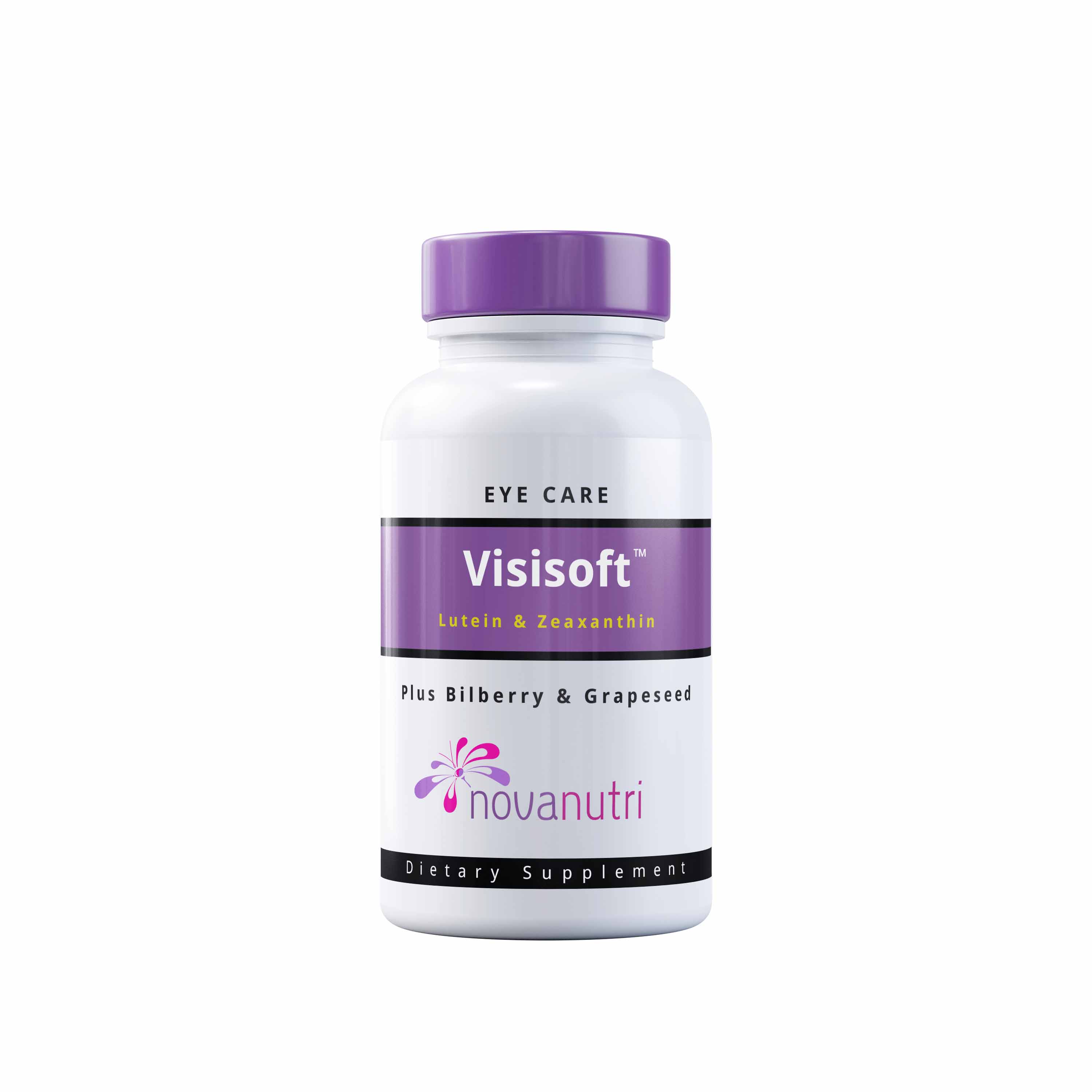Description
Borage is a plant. Its flowers and leaves, as well as the oil from its seeds are used as medicine.
Borage seed oil is used for skin disorders including eczema (atopic dermatitis), red, itchy rash on the scalp (seborrheic dermatitis), and a type of skin condition called neurodermatitis. It is also used for rheumatoid arthritis (RA), swelling of the gums, stress, premenstrual syndrome (PMS), diabetes, attention deficit-hyperactivity disorder (ADHD), acute respiratory distress syndrome (ARDS), alcoholism, pain and swelling (inflammation), asthma, and for preventing heart disease and stroke. Borage oil is sometimes added to infant formula in small amounts to provide fatty acids needed to promote development of preterm infants.
Borage flower and leaves are used for fever, cough, and depression.
Borage is also used for a hormone problem called adrenal insufficiency, for “blood purification,” to increase urine flow, to prevent inflammation of the lungs, as a sedative, and to promote sweating. Borage is also used to increase breast milk production and to treat bronchitis and colds.
Borage is applied to the skin for red, itchy rash on the scalp of infants (seborrheic dermatitis) and is also used in a dressing to soften the skin.
In foods, borage is eaten in salads and soups.
In manufacturing, borage is used in skin care products.
How does it work?
Borage seed oil contains a fatty acid called gamma linolenic acid (GLA). GLA seems to have anti-inflammatory effects. Borage flower might have an antioxidant effect.
Supplement Facts:
- Serving Size: 1 -2 capsules daily with food or as directed by your health professional.
- Servings per Container: 30 Capsules
One Capsule typically Provides:
- Vitamin E (100% NRV): 12mg α TE
- Starflower Oil (cold pressed): 1000mg
- providing:
Gamma-Linolenic Acid (GLA): 200 mg
Other ingredients: Gelatine, Glycerine
ALLERGY WARNING: Contains Soya.
This product does not contain: artificial colours, flavours or preservatives, gluten, yeast, dairy, sugar, salt.
Caution: Do not use if under medical supervision or with epilepsy without consulting your GP.




